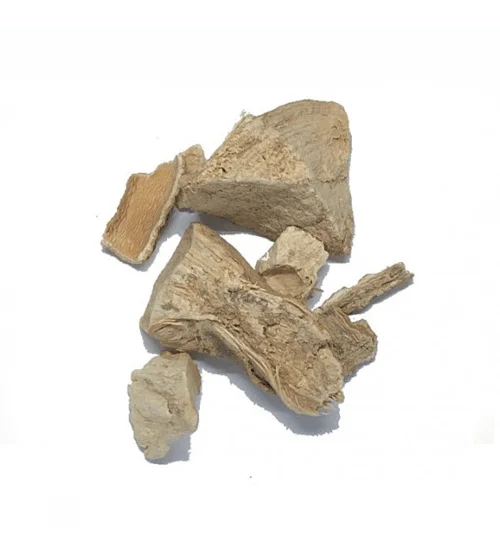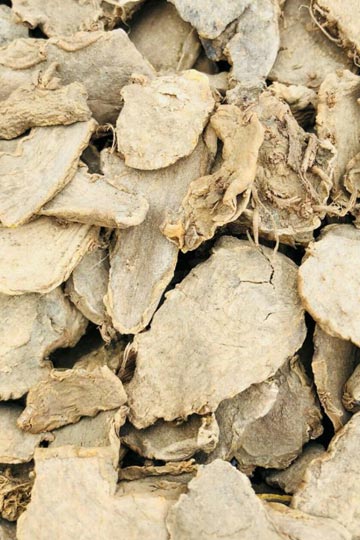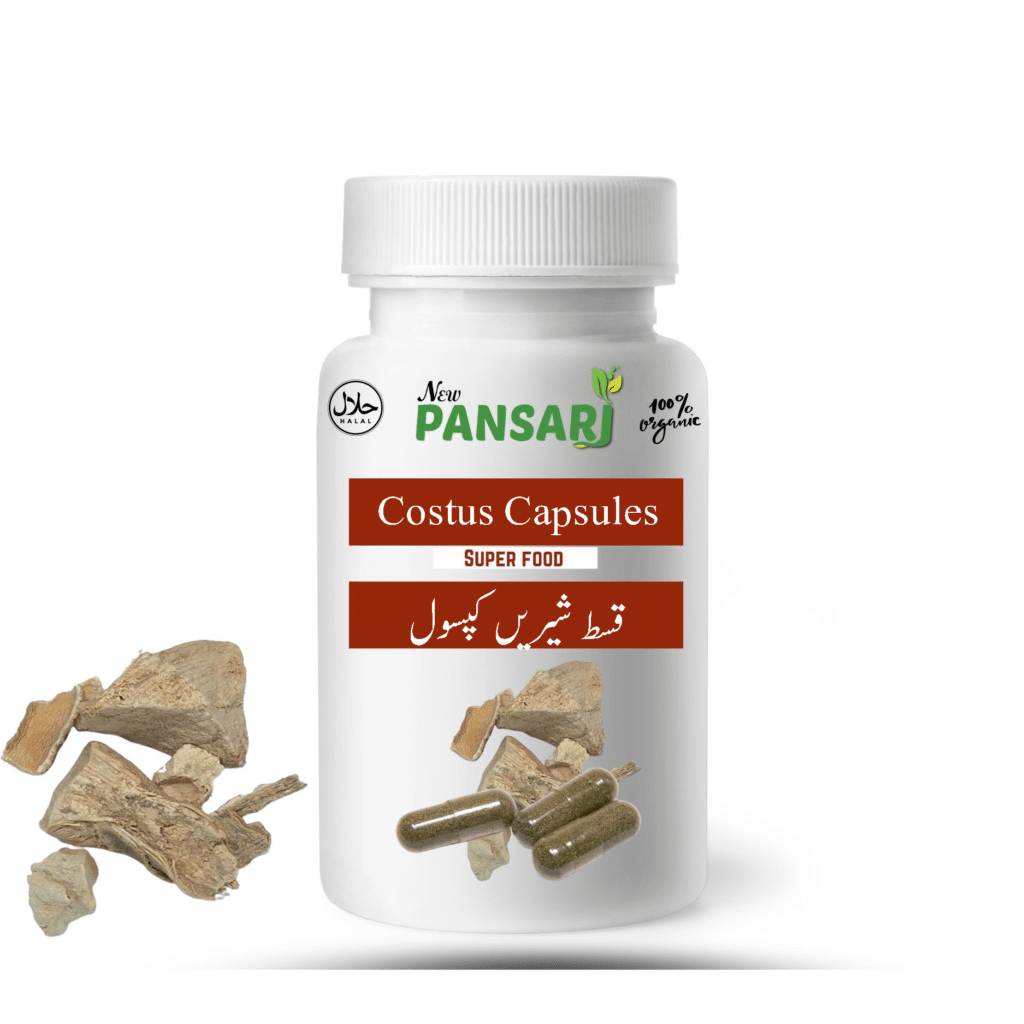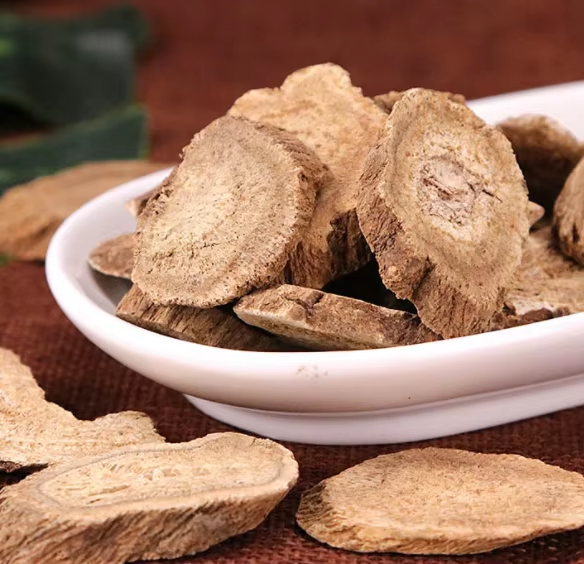Introduction
Marine Costus is a term often used to describe a variety of the Costus plant species that are associated with coastal or marine environments, though it is not a scientifically classified species on its own. In traditional herbal terminology—especially in Unani and Ayurvedic medicine—Marine Costus is sometimes considered a type of Qust (Costus), similar to Qust-e-Shireen (Sweet Costus) and Qust-e-Hindi (Indian Costus).

English: Marine Costus, Costus Root, Sweet Costus
Arabic: القسط البحري
Urdu:قسط شیریں
Hindi: कुस्त समुद्री (Kust Samudri)
Sanskrit: कुष्ठ (Kushta)
Persian: قسط بحری
Chinese (Traditional Medicine): 木香 (Mu Xiang) – note: may refer to similar aromatic roots
Latin (Botanical): Saussurea lappa
Swahili: Mzizi wa Costus
Malay / Indonesian: Akar Costus, Akar Laut

HEALTH BENEFITS:
Respiratory Support
Helps treat asthma, cough, bronchitis, and sinusitis
Clears mucus and eases breathing
Traditionally used as an expectorant
Digestive Health
Aids in digestion, reduces bloating, and relieves gas
Helps treat intestinal worms and stomach pain
Antimicrobial & Antiviral
Has natural antibacterial, antifungal, and antiviral properties
Used in treating infections and boosting immune response

Anti-Inflammatory & Pain Relief
Reduces inflammation in joints and muscles
Helpful in arthritis, sciatica, and back pain
Immunity Booster
Strengthens the body’s natural defense
Protects against seasonal illnesses and infections
Menstrual & Reproductive Health
Regulates menstrual cycle
Eases menstrual cramps and supports fertility in women
Skin Health
Helps treat eczema, psoriasis, and skin infections
Can be applied topically in oil form
Used in Prophetic Medicine (Tibb-e-Nabawi)
Mentioned in Hadith as a cure for several illnesses
Prophet Muhammad (PBUH) recommended its use for throat and chest diseases
Mental and Emotional Well-being
Calms the nerves and may help with stress, anxiety, and insomnia
SIDE EFFECTS:

Costus oil is LIKELY SAFE for most people when taken by mouth in amounts found in foods. Costus root is POSSIBLY SAFE for most people when taken by mouth, appropriately. However, costus often contains a contaminant called aristolochic acid. Aristolochic acid damages the kidneys and causes cancer. Costus products that contain aristolochic acid are UNSAFE. Don’t use any costus preparation unless lab tests prove it is free of aristolochic acid. Under law, the Food and Drug Administration (FDA) can confiscate any plant product that it believes contains aristolochic acid. The product won’t be released until the maker proves it is aristolochic acid-free.
HOW TO USE:
Depending on the form you have (powder, oil, decoction, etc.), here are some common ways to use it:
1. As a Herbal Tea (Decoction)
Used for: Cough, cold, asthma, and digestive problems
How to prepare:
Take 1 teaspoon of dried marine costus root (or powder)
Boil it in 1.5 cups of water for 5–10 minutes
Strain and drink warm, once or twice daily
Optional: Add honey for taste and extra soothing effect
2. As a Powder (for Internal Use)

Used for: Digestive aid, respiratory support, and immune health
Dosage:
Take 1/4 to 1/2 teaspoon of marine costus powder
Mix with warm water, milk, or honey
Take once or twice a day, preferably after meals
Always start with a small dose to check for any sensitivity
3. Marine Costus Oil (for External Use)
Used for: Skin infections, joint pain, and inflammation
How to use:
Apply a small amount of marine costus oil to the affected area
Massage gently
Use 1–2 times a day as needed
4. Inhalation (Steam)
Used for: Sinus congestion, asthma, cold
How to do it:
Add a small piece of dried marine costus root or a few drops of its essential oil to hot water
Inhale the steam for 5–10 minutes
Who Should Avoid It?
- Pregnant or breastfeeding women (unless prescribed by a professional)
- People with kidney issues
- Anyone taking medication — consult your doctor before use
This Article is for Basic Information. Contact a professional doctor before using it.
HAKEEM KARAMAT ULLAH




